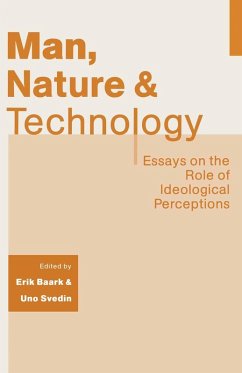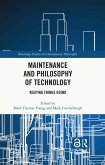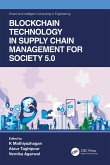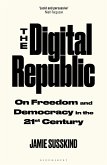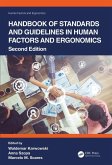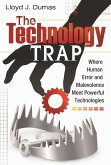Largely because of the Internet and the new economy, technology has become the buzzword of our culture. But what is it, and how does it affect our lives? More importantly, can we control and shape it, or does it control us? In short, can we make technology more democratic? Using the work of Andrew Feenberg, one of the most important and original figures in the field of philosophy of technology, as a foundation, the contributors to this volume explore these important questions and Feenberg responds.
In the 1990s, Feenberg authored three books that established him as one of the leading scholars in a rapidly developing field, and he is one of the few to delineate a theory for democratizing technological design. He has demonstrated the shortcomings of traditional theories of technology and argued for what he calls "democratic rationalization" where actors intervene in the technological design process to shape it toward their own ends. In this book, the contributors analyze foundational issues in Feenberg's work, including questions of human nature, biotechnology, gender, and his readings of Heidegger, and they also examine practical issues, including democratizing technology, moral evaluation, and environmentalism.
In the 1990s, Feenberg authored three books that established him as one of the leading scholars in a rapidly developing field, and he is one of the few to delineate a theory for democratizing technological design. He has demonstrated the shortcomings of traditional theories of technology and argued for what he calls "democratic rationalization" where actors intervene in the technological design process to shape it toward their own ends. In this book, the contributors analyze foundational issues in Feenberg's work, including questions of human nature, biotechnology, gender, and his readings of Heidegger, and they also examine practical issues, including democratizing technology, moral evaluation, and environmentalism.
Dieser Download kann aus rechtlichen Gründen nur mit Rechnungsadresse in A, D ausgeliefert werden.



